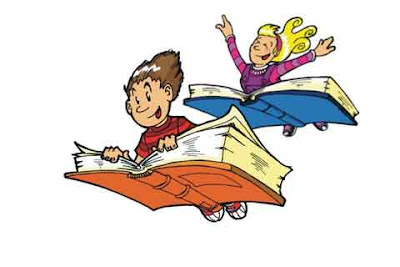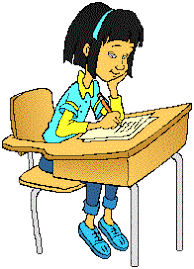 Se llama historieta o cómic (del inglés comic) a una serie de dibujos que constituye un relato, con texto o sin él, así como al libro o revista que la contiene. La definición de mayor popularidad entre los especialistas es : «Ilustraciones yuxtapuestas y otras imágenes en secuencia deliberada con el propósito de transmitir información u obtener una respuesta estética del lector».
Se llama historieta o cómic (del inglés comic) a una serie de dibujos que constituye un relato, con texto o sin él, así como al libro o revista que la contiene. La definición de mayor popularidad entre los especialistas es : «Ilustraciones yuxtapuestas y otras imágenes en secuencia deliberada con el propósito de transmitir información u obtener una respuesta estética del lector».Las historietas pueden estar dibujadas en papel, o estar en forma digital (e-comic, webcomics y similares).
Existen distintos Géneros dentro de este mismo grupo de animaciones como: Romántica, aventura, Histórica .
Es de rasaltar lo importante y eficiente que puede lleagr a ser el uso de esta herramienta para intereses educacionales, puesto que la mejor adquisicion se da por medio de utiles que captan nuestra atencion y para eso que mejor que las historietas!












